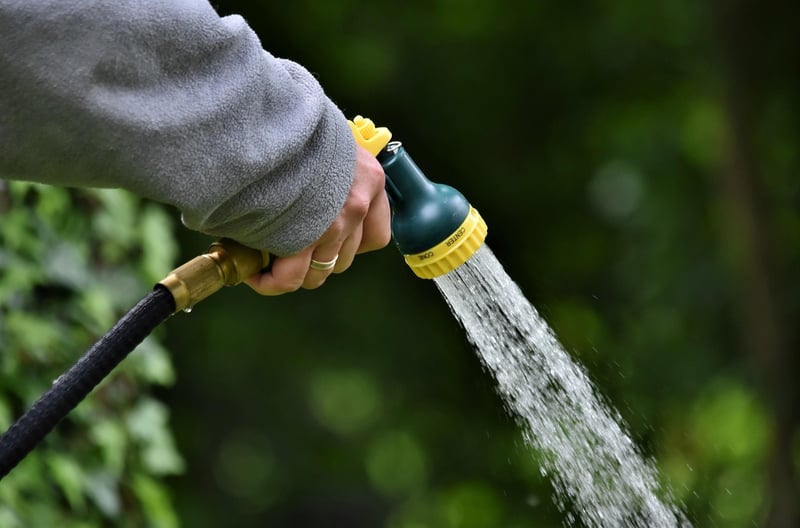Watering Guidelines
Choosing the Right Plants for Your Vertical Garden
Vertical gardens are a fantastic way to add greenery to any space, whether you have a tiny balcony or a large backyard. When it comes to selecting plants for your vertical garden, there are a few key factors to consider to ensure your garden thrives.
1. Light Requirements
Consider the amount of sunlight your vertical garden will receive. Choose plants that are suitable for the light conditions of your space, whether it's full sun, partial shade, or full shade.
2. Plant Size
Make sure to select plants that won't outgrow the vertical garden structure. Opt for compact varieties or ones that can be easily pruned to maintain the desired size.
3. Watering Needs
Choose plants that have similar watering requirements to make it easier to maintain your vertical garden. Overwatering or underwatering can be detrimental to the health of your plants.
4. Aesthetic Appeal
Select plants that not only thrive in a vertical setting but also complement each other visually. Consider mixing different textures, colors, and foliage to create an attractive display.
Watering Guidelines for Your Vertical Garden
Proper watering is crucial for the success of your vertical garden. Here are some guidelines to help you keep your plants healthy and thriving:
1. Monitor Soil Moisture
Check the moisture level of the soil regularly. Ensure it remains consistently moist but not waterlogged. Adjust your watering frequency based on the specific needs of your plants.
2. Watering Techniques
Consider using a watering can with a narrow spout or a drip irrigation system to deliver water directly to the base of the plants. Avoid overhead watering, as it may not reach all plants evenly.
3. Time of Day
Water your vertical garden in the early morning or late afternoon to minimize water loss through evaporation. Avoid watering in the heat of the day to prevent scorching your plants.
4. Drainage
Ensure that your vertical garden has proper drainage to prevent water from accumulating and causing root rot. Use well-draining soil and consider adding a layer of gravel at the bottom of the containers.

By following these guidelines and choosing the right plants for your vertical garden, you can create a stunning green oasis that thrives and brings beauty to your space.
